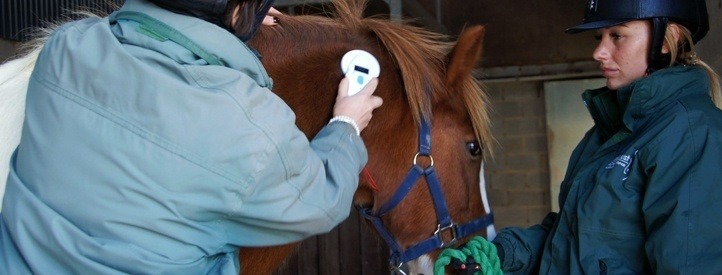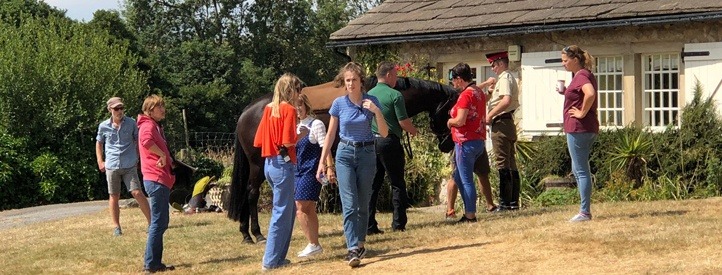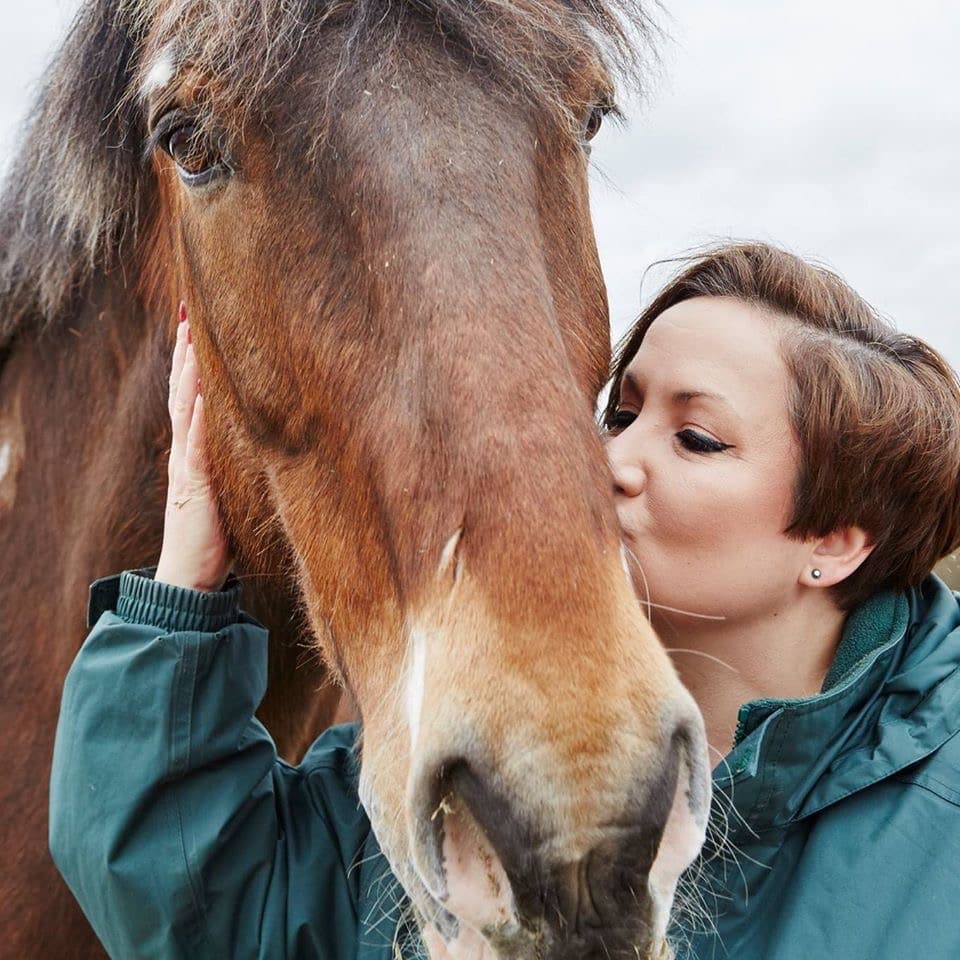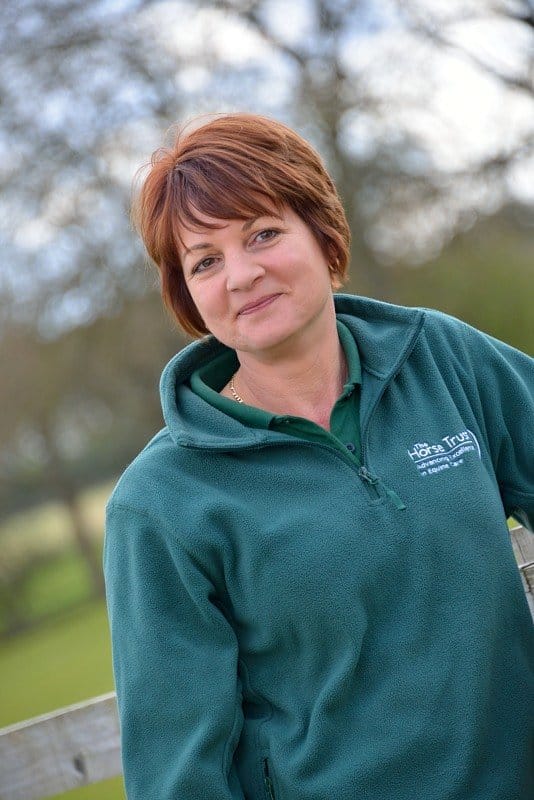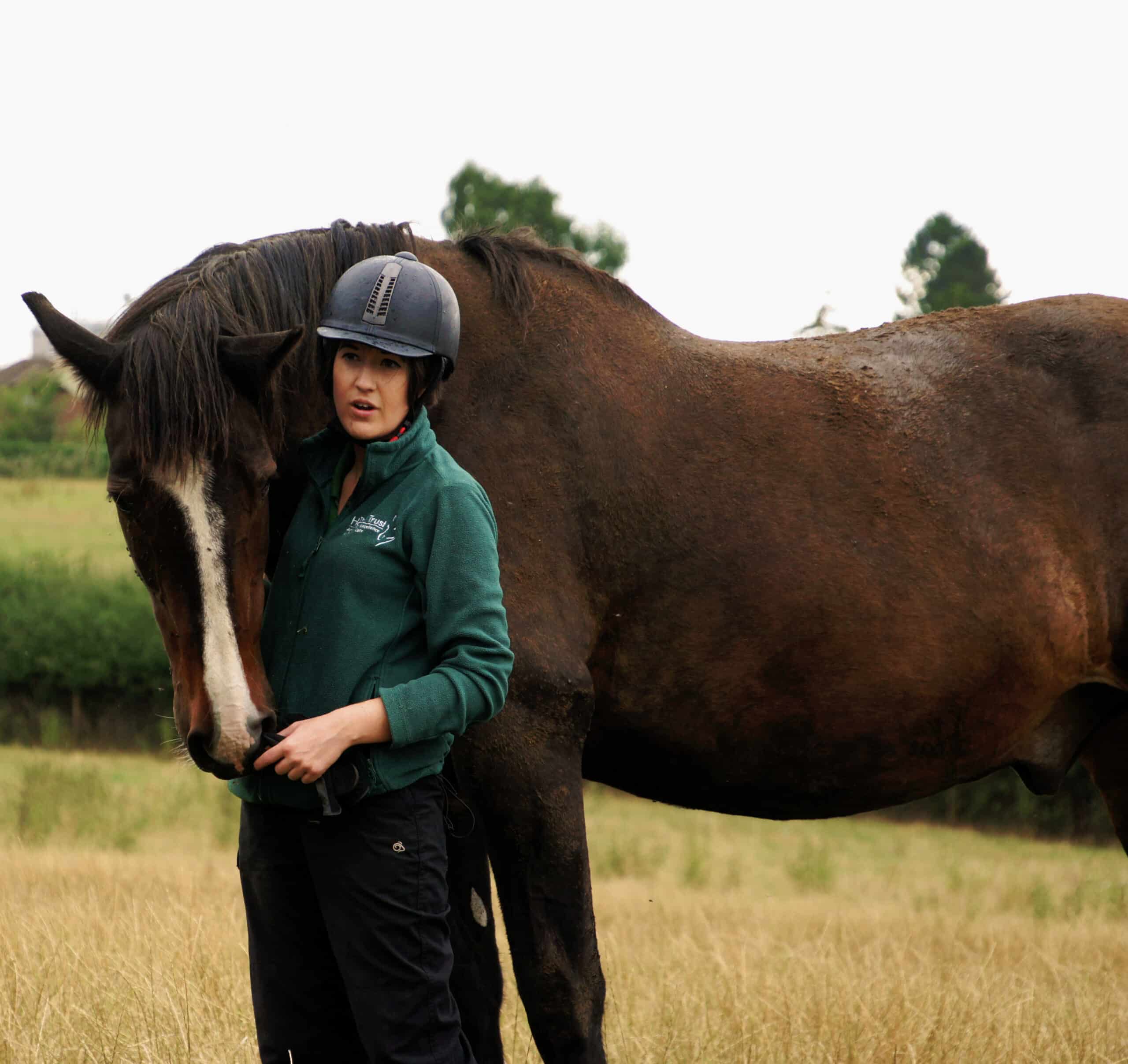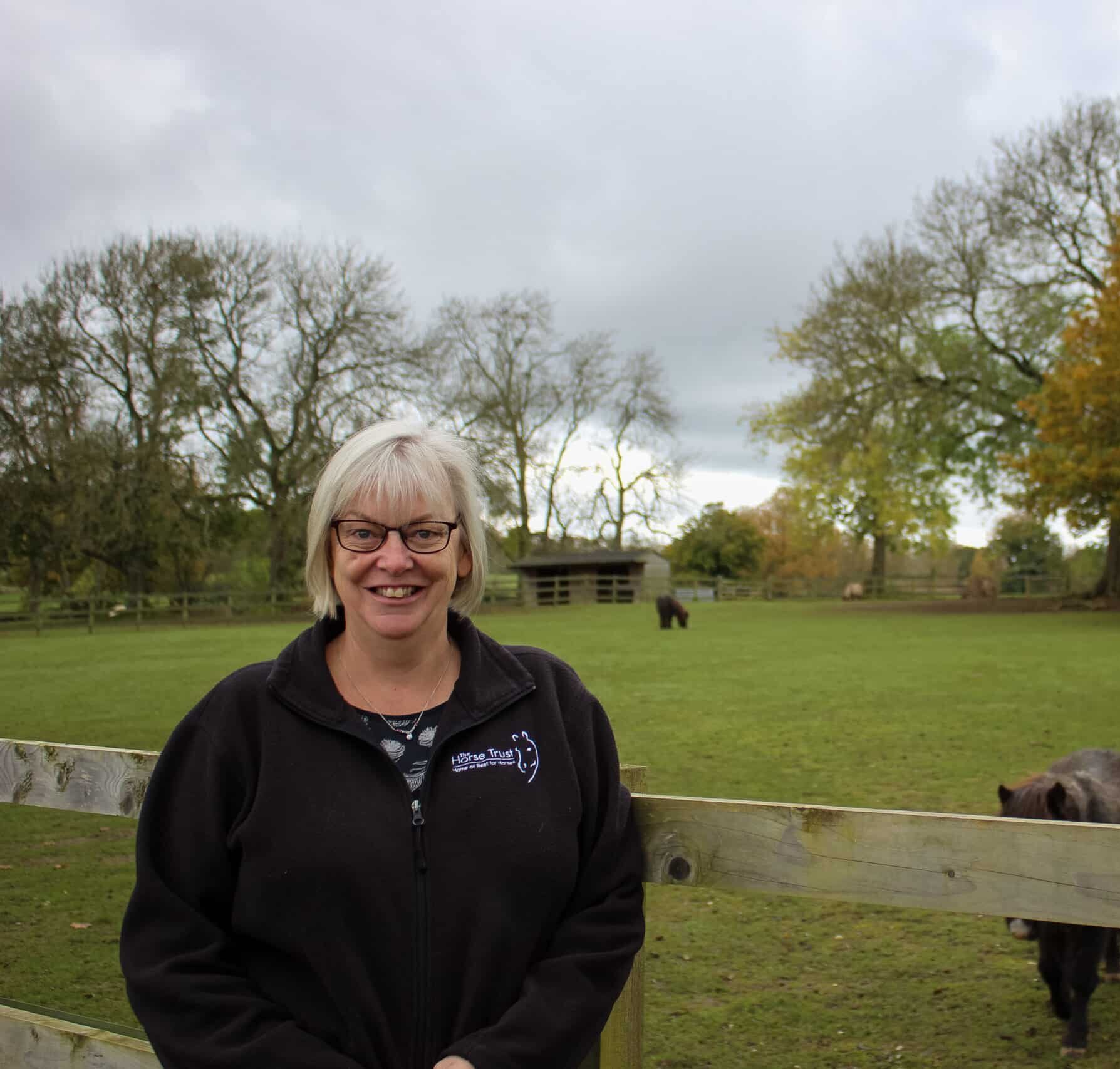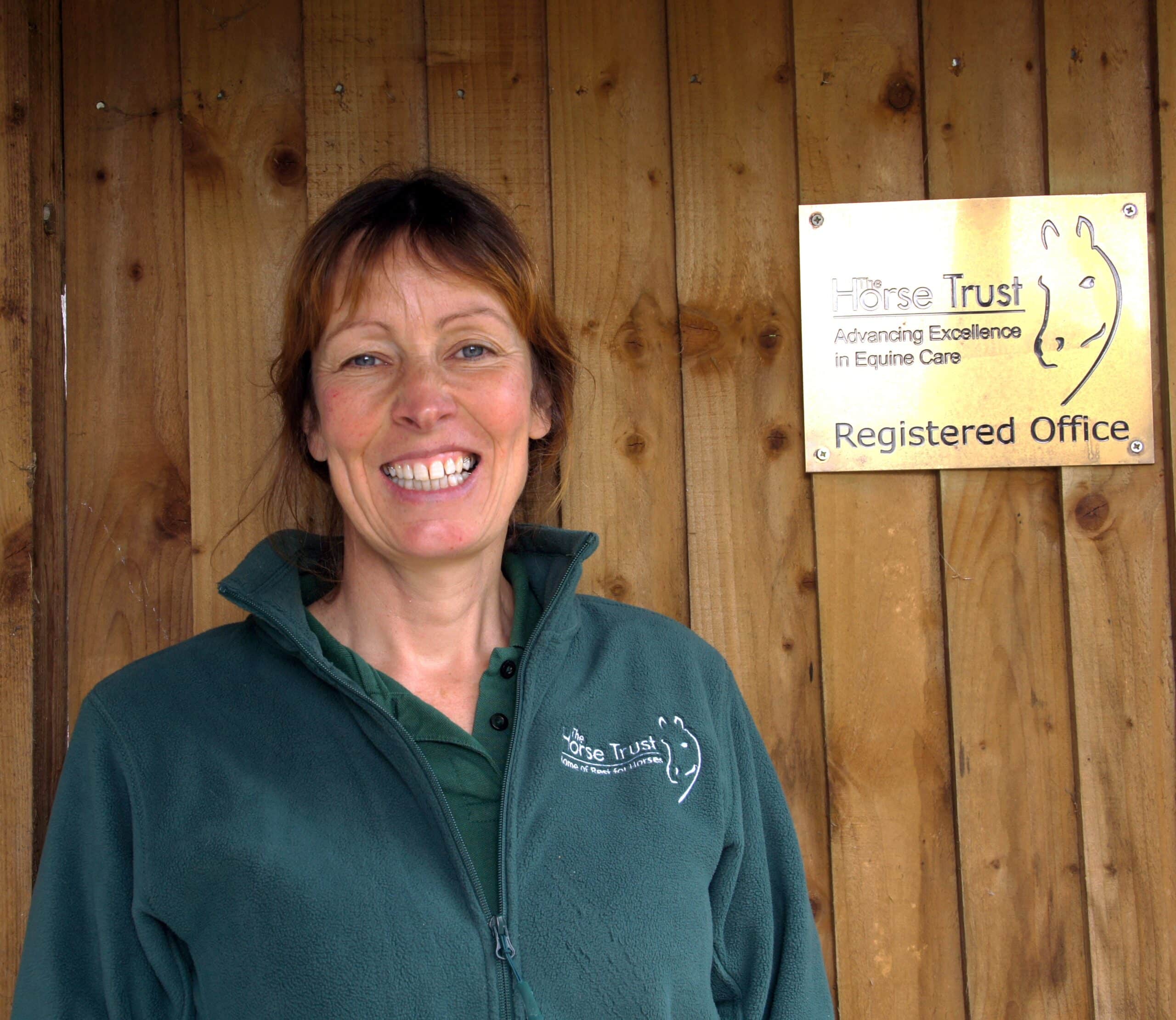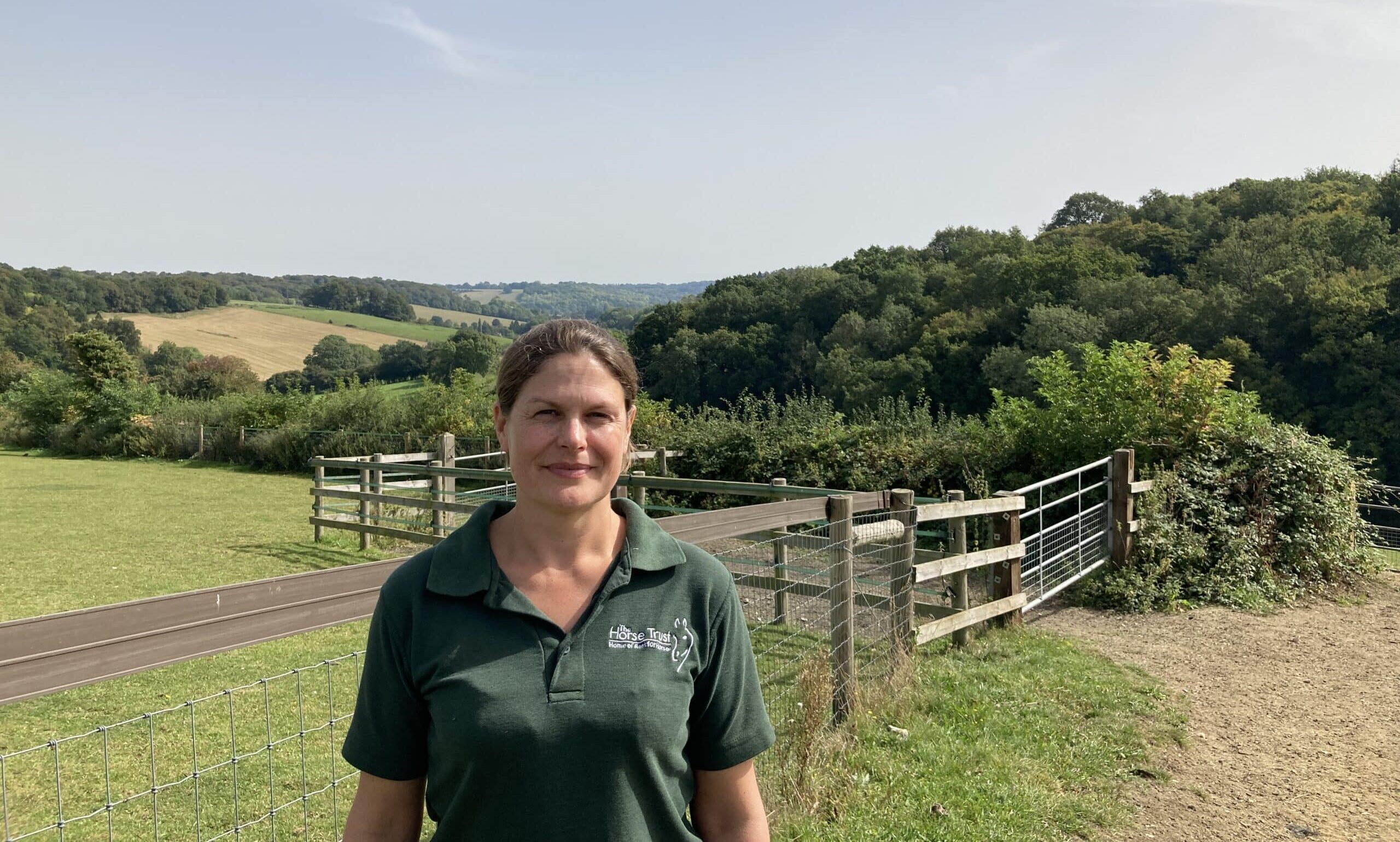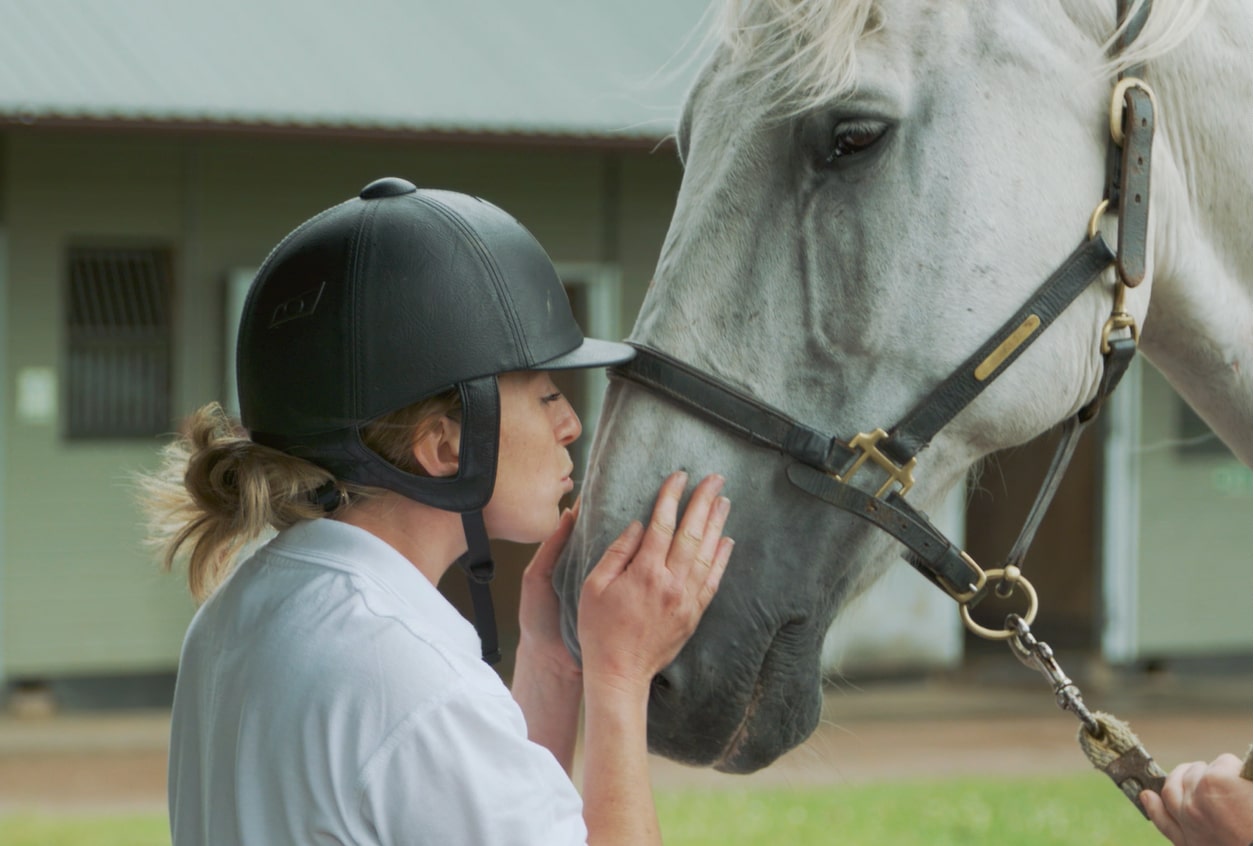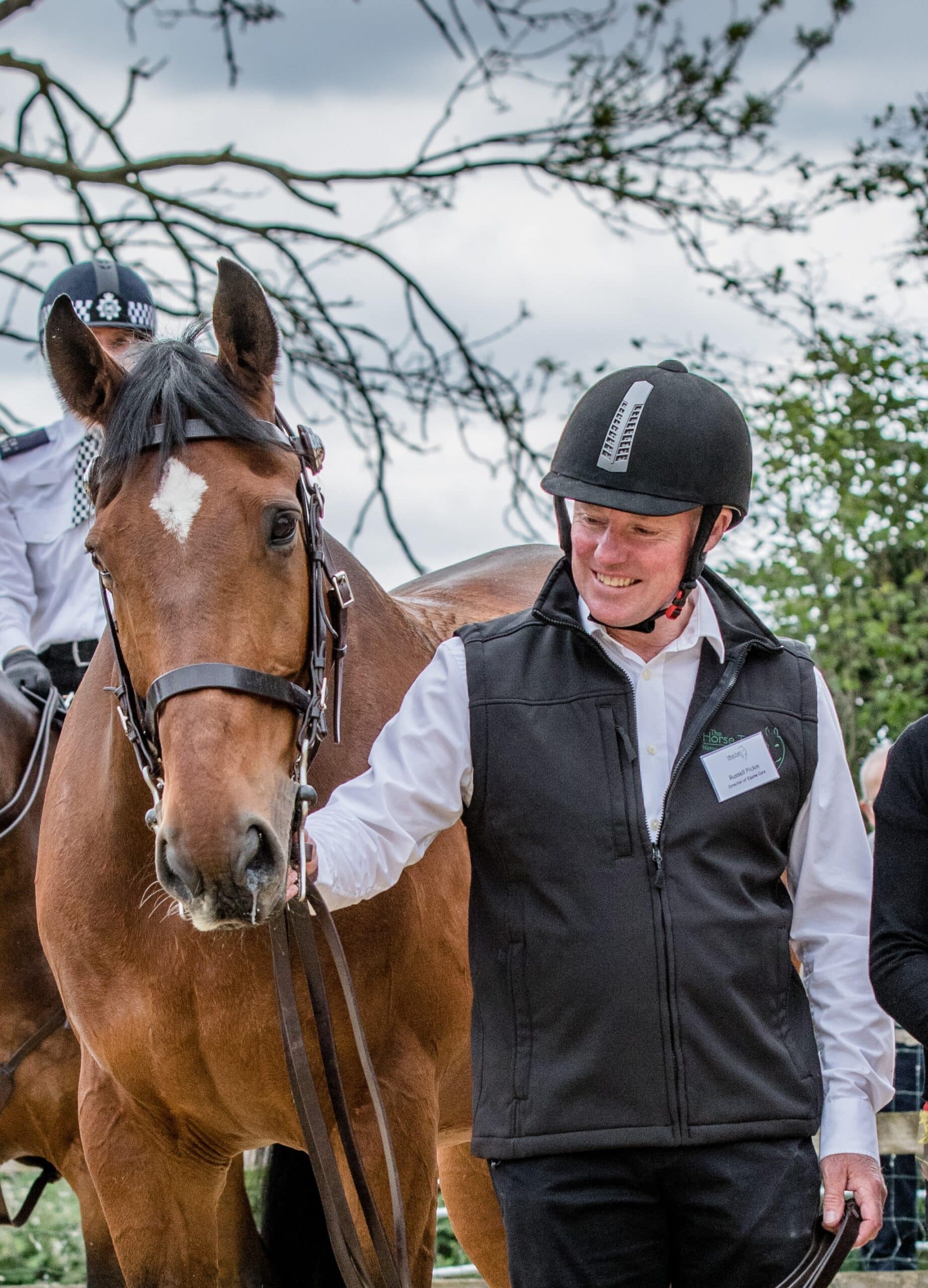Your cart is currently empty!
Join us on Wednesday 15th November for our next equine behaviour case study webinar.
Dr Gemma Pearson, RCVS specialist in Veterinary Behavioural Medicine (Equine), will be discussing a case involving an eventing mare who developed severe stress responses following veterinary treatment. This led to a breakdown in the relationship with her owners and any human in proximity to her. Gemma will discuss how to develop a differential diagnosis, the veterinary investigations required in this case, and the behaviour modification plan developed for the mare.
[maxbutton id=”13″ url=”https://us02web.zoom.us/webinar/register/WN_jC9GVZwfQN-UQ8tYFdSvLA” text=”Sign up to our webinar” ]
Our case study webinars are developed for equine behaviourists, and anyone working towards this goal. The case study topics are also relevant for other equine professionals and anyone with an interest in equine behaviour.
Date: Wednesday 15th November
Time: 7.30pm to 9.00pm, including Q&A
Cost: £10
If you can’t attend live, the webinar will be recorded and delegates will have 3 months to watch the recording.
About Gemma
Gemma Pearson is an RCVS specialist in Veterinary Behavioural Medicine (Equine), and is the Director of Equine Behaviour at The Horse Trust. As a vet, her time is divided between seeing clinical behaviour cases, research and outreach. Gemma completed a residency in the Equine Hospital at the Royal (Dick) School of Veterinary Studies, becoming an advanced practitioner in Equine Internal Medicine, alongside her MScR ‘Investigating horse-veterinarian interactions. Gemma was awarded a PhD for her thesis entitled ‘ Stress in equids undergoing veterinary care and the development of interventions that positively influence the horses’ experience’.
About our Webinars
The aim of these webinars is to provide student, trainee and registered Clinical Animal Behaviourists with evidence-based CPD to develop their understanding of specific medical conditions and how they can impact on the horse’s behaviour, both in terms of the direct physical/behavioural impact, but also how having the condition can affect other areas of the horse’s life.
These webinars may also be useful to other equine professionals, and anyone with an interest in equine behaviour.
[maxbutton id=”13″ url=”https://us02web.zoom.us/webinar/register/WN_jC9GVZwfQN-UQ8tYFdSvLA” text=”Sign up to our webinar” ]
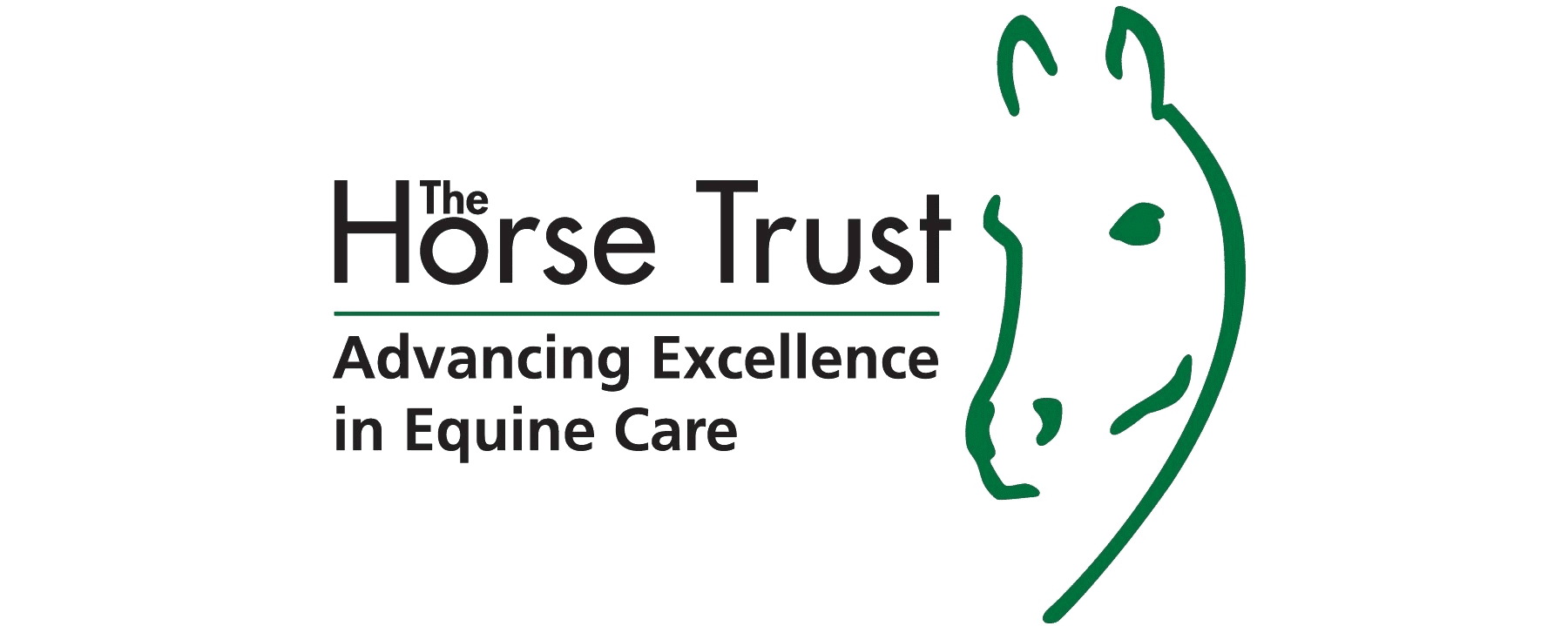
 Donate
Donate


